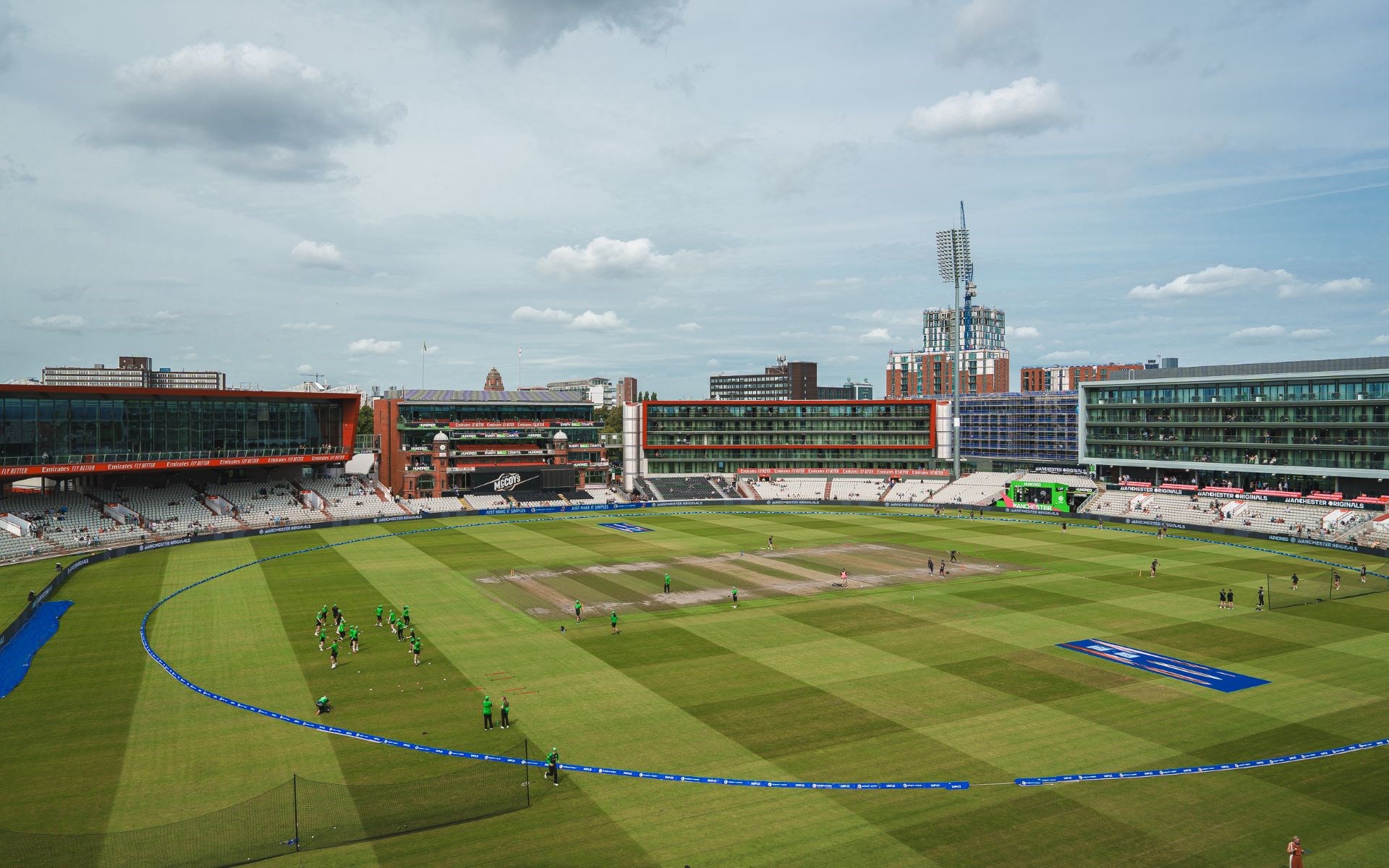How Green Economy helped the ECB Build a national environmental strategy
Read time:

Read time:

In 2015, the England and Wales Cricket Board (ECB), the governing body for professional and recreational cricket, restructured its facilities department to unify oversight of both grassroots and professional cricket venues. This reform highlighted a critical gap: while some venues were independently advancing sustainability initiatives, others were at the beginning of their planning process. With no formal environmental strategy in place, and rising fixed costs, the ECB recognised they needed support to progress action.
The ECB looked to develop a cohesive, scalable environmental strategy to establish a national position on sustainability, enabling consistent reporting and informed decision-making. This was of increasing importance for the game to take positive action, whilst enabling venues to compete in the lucrative hospitality market.
This strategy needed to be scalable to support clubs of all sizes in starting or accelerating their sustainability journey, whilst demonstrating return on investment to prioritise action.
Green Economy (formerly Enworks) was commissioned to lead a comprehensive review and strategy development process. Our work included:


Lauren Babington, Sustainability Manager at Lancashire Country Cricket Club, Terry Watson, England and Wales Cricket Board and Amy House, Director of Green Economy.


Green Economy piloted some of this work at Lancashire County Cricket Club, providing enhanced one-to-one support to build a comprehensive carbon reduction plan which led to Solar PV installation across the site. This work has led to the club delivering and scheduling several projects including:
Following completion of Green Economy’s project, the ECB have seen the multiple outcomes
“The work we commissioned Green Economy to deliver has been fundamental to establishing our environmental strategy, whilst providing practical tools for venues to use.
“Clubs across the country now have a clear roadmap, with many accessing funding and support based on the strategy’s recommendations and the development of their own plan.”
Green Economy’s expert consultancy helps organisations turn ambition into action—through tailored strategies, carbon reduction plans, and measurable impact.
Explore our services and start your transformation today.
Our consultants are qualified experts, providing trusted, data-led, impartial advice, independent from technology and solution providers to ensure we recommend tailored solutions that align with your organisation’s vision.
Green Economy, powered by The Growth Company, is a social enterprise providing practical solutions as the UK transitions to net zero. Choosing Green Economy as your partner enables us to further corporate decarbonisation, whilst ensuring the green tech supply chain creates high quality jobs for the communities we serve.
Decades of experience delivering results in decarbonisation and sector growth, our team of experts are unique in supporting the entire supply chain for the good of the planet and the UK economy.
We take a holistic approach providing end-to-end support that delivers net zero for organisations creating prosperity for the wider community.
We’re on a mission to be net zero carbon by 2035. We hold the internationally recognised standard for environmental management systems, have pledged commitment to the United Nations Race to Zero and are accredited as a Carbon Literate 'Bronze' Organisation.
Share





